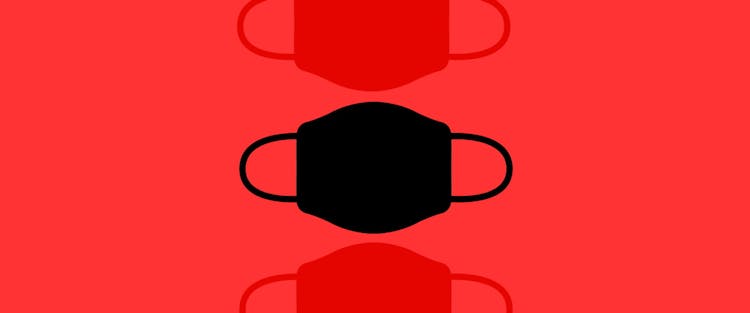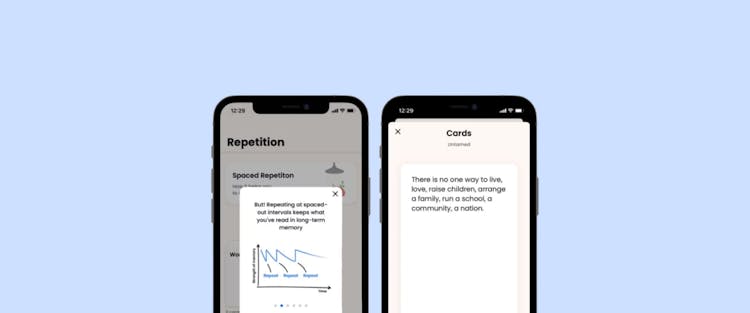Anxiety and stress are close pals; when you see one, the other is around the corner. Stress is often a precursor of anxiety and panic attacks. Just like stress, panic is not entirely unhealthy. According to Healthline, anxiety is our body’s natural way of responding to stress. Chronic anxiety occurs when our body’s flight-or-fight system gets trigger-happy.
Anxiety in the mild form can be of good use to every human. It would prompt us to anticipate and prepare for future occurrences. However, people who have been diagnosed with chronic anxiety are advised to seek professional help. According to inc.com, about 40 million Americans are living with various degrees of anxiety disorder. Studies equally indicate that women are more prone to anxiety disorder than men.
The many implications of anxiety
“An anxiety disorder is difficult to understand unless you’ve experienced it firsthand.”
Barry McDonagh
People who have had even a mild bout of a panic attack can tell how easily one can go from having it all together to asking endless strings of questions. You want to know why this is happening and if this situation is peculiar to you alone. Well, the good news is: anxiety is common to a large portion of the human populace. The outright realization that anxiety can be a regular thing is your first step to self-healing.
Military personnel who have experienced multiple shellings and explosions may get all worked up by the fall of a watering can. Hence, anxiety-induced panic can be analogized to a wild horse. It needs to be allowed to express itself but can be trained with reins. The horse narrative is analogous to the DARE Response preached by Barry McDonagh in his book Dare: The New Way to End Anxiety and Stop Panic Attacks. McDonagh posits that you can bring yourself out of the panic loop by taking the reins of the situation.
Learning to occasionally “give up”
According to McDonagh, there are many things to give up to win the fight over anxiety and panic. Anxiety may sometimes make one so paranoid that you feel your emotional health is going out the window. It can get so terrible that you start feeling the experience is peculiar to you alone. Anxiety and panic are not localized experiences; the whole world and all living humans possess a fair share of it. Hence, dare to give up thoughts inferring that you’re abnormal.
“Acceptance is the pre-condition of change.”
Barry McDonagh
Your next phase of “giving up” should apply to the spontaneous response of “saying no,” to anxiety. Yes, don’t be so uptight; let your anxiety find expression. Unnecessarily trying to keep it in check with the mechanisms you’ve adopted all along will only wear you out. Now, saying yes to anxiety is not synonymous with giving in or throwing in the towel. Instead, it means acknowledging the fear that comes with anxiety and learning to rechannel it rightly.
“Anxiety is not in the sensations; it’s in your resistance to the sensations.”
Barry McDonagh
Another thing you should learn to give up is the fear of sensations that come with anxiety. Our biological makeup is such that the emotional state of the body affects its physiological conditions. We feel butterflies in the belly when we see our crush, and our heart runs the sprint when we get mugged at gunpoint. The path to recovery is in sight if you can train yourself to ignore anxiety-induced sensations. Simply put, give up on those random sensations, and like hiccups, may fizzle away without you realizing.
“The cave you fear to enter holds the treasure you seek.”
Joseph Campbell
Giving up the fear of becoming a nervous wreck under certain situations will also prove productive. The habit of one getting scared of experiencing anxiety can in itself blow some problems out of proportion. Take people with a phobia for heights as an example; the mere thought of standing on the balcony of a penthouse is enough to send shivers down their spine. You can then imagine what happens if such individuals go skydiving or bungee jumping.
“We can’t control the world around us; we can only control our response to it.”
Barry McDonagh
Everyone has at one time, or the other experienced the “what if?” version of anxiety. But letting go and giving up on such a thought is a sure panacea for anxiety. It is impossible to stop a blizzard or hurricane. However, even when such has been predicted in the forecast, a cheerful disposition will help you keep anxiety in check.
Anxiety often creates a safe zone illusion in the mind of people it plagues. For this reason, they find it difficult to venture out of this safe zone. The thought of leaving such space brings fear and agitation to their person. There’s no such thing as a safe space. Give it up, and explore the vast potentials of life outside the so-called “safe zone.”
5 Tips on dealing anxiety a technical blow
Here are some quick tips to help you overcome the sudden occurrence of anxiety:
Live in the present: The worry of what tomorrow holds leaves many people going through life like zombies. They are always anticipating and reaching out for something, so much that they forget to appreciate the present benefits they enjoy.
Analyze and relabel the situation: When you find yourself worrying unnecessarily about a panicky situation, try to analyze present realities positively. For example, tell yourself your heart is overreacting whenever it starts pounding uncontrollably.
Practice metered breathing: When agitated, the brain often secrets hormones that speed up the rate of body processes, which is why you breathe faster when scared. You can bring your breathing back to normal by inhaling deeply, holding it for a while, and breathing out. This routine always calms the nerves and checks the pace of physiological activities in the body.
Avoid the sugar rush: The last thing to do when you’re up in your head, imagining things, is to start binge-eating sugary foods. Sugar boosts your cerebral activity and leaves you overthinking. Instead, reach for a glass of water or some protein-laden food. Food can take your anxiety away.
Reach out to a friend, hang out if possible: Confiding in your friend about your fears, wild imaginations, and unfounded panics can lead to a logical escape from the anxiety trap. A brief call, chat, or hangout can help your worries become history.
Try the 5-5-5 rule: Sit upright, look around and name five things in range. Listen out and identify five different sounds. Move five parts of your body that require effort. The principle behind this is that you would have gotten distracted from your worries by the time you end this routine.
When there are near-fatal manifestations of chronic anxiety, professional help may be required. However, since anxiety exists in mild proportions in many of us, it can be checked – by daring. The DARE Response can be compared to a horse rider who slipped but still has a grip on the reins. With healthy mental agility, it is possible to get back on top of the current disruption.
“Anxiety is not a life sentence. It is absolutely curable.”
Barry McDonagh



